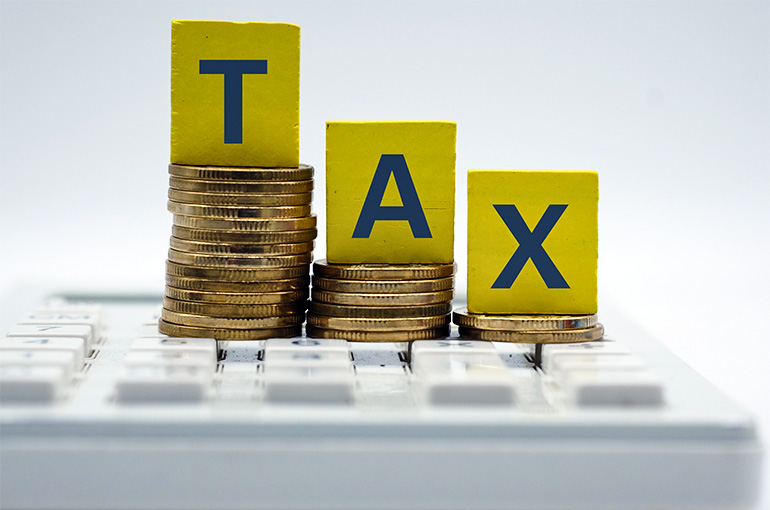 China to Hand Local Gov’ts More Control Over Non-Tax Revenue as Tax Haul Shrinks
China to Hand Local Gov’ts More Control Over Non-Tax Revenue as Tax Haul Shrinks(Yicai) Aug. 23 -- The Chinese central government will delegate more authority to local governments to allow them to tailor the management of non-tax revenue, which refers to income from the paid use of state-owned resources, fines and other sources, according to local conditions, as non-tax revenue becomes an increasingly important form of income for the government as tax collection slides.
The central government plans to give local governments more authority in managing non-tax revenue as part of a wider reform of the country’s fiscal and tax systems, according to the recently released Resolution of the Central Committee of the Communist Party of China on Further Deepening Reform Comprehensively to Advance Chinese Modernization.
Non-tax revenue, which also refers to special revenue, administrative and institutional fees as well as income from state-owned capital operations, can balance the budget to a certain extent in years when there is weak tax revenue growth, said Chen Xing, chief macro analyst at Caitong Securities. Non-tax revenue has been rising in the past decade and last year, non-tax revenue accounted for 16.4 percent of fiscal revenue.
The national general public budget revenue dipped 2.8 percent in the first half year on year to CNY11.6 trillion (USD1.6 trillion), according to statistics released by the Ministry of Finance. Of this, tax revenue slumped 5.6 percent to CNY9.4 trillion while non-tax revenue jumped 11.7 percent to CNY2.2 trillion.
This surge in non-tax revenue in the first six months helped supplement fiscal resources, Chen said. Most non-tax revenue comes from local governments, and local non-tax revenue accounted for 87 percent of the nation’s non-tax revenue in 2022. Non-tax revenue has become an important means for local governments to adjust fiscal revenue in recent years for local governments have great autonomy in collecting non-tax revenue.
However, sometimes local governments can be a bit slow in collecting non-tax revenue. For example, some parts of Chongqing did not pay CNY2.9 billion (USD405.9 million) in non-tax revenue on time last year, according to the Chongqing Audit Bureau. The Inner Mongolia Audit Office also recently said 12 localities failed to pay CNY2.8 billion non-tax revenue in time.
Some non-tax revenue will be upgraded to tax revenue, according to the central government report. For instance, the government will look into rolling the urban maintenance and construction tax, education surcharges, and local education surcharges into a single surtax and give local governments the authority to set the rate for this tax within a predetermined range.
The structure of non-tax revenue in different regions may become more differentiated, Chen said. For example, provinces rich in resources could hike non-tax revenue by increasing the value of state-owned resources. But there may not be much room to raise income through non-tax revenue reforms since most of China’s non-tax revenue already belongs to local governments. Future reforms may mainly revolve around standardized management and regional characteristics, he added.
Editor: Kim Taylor